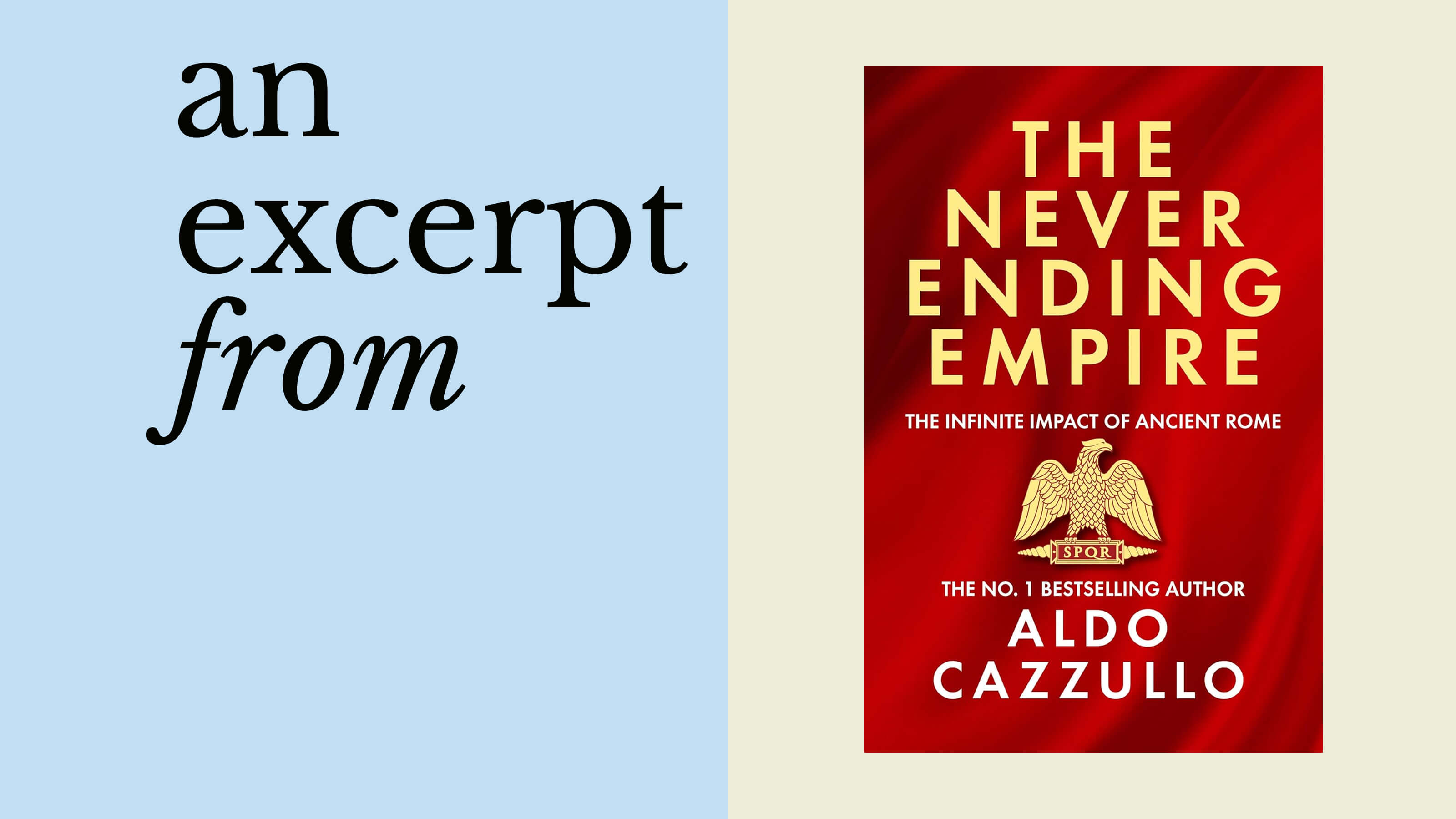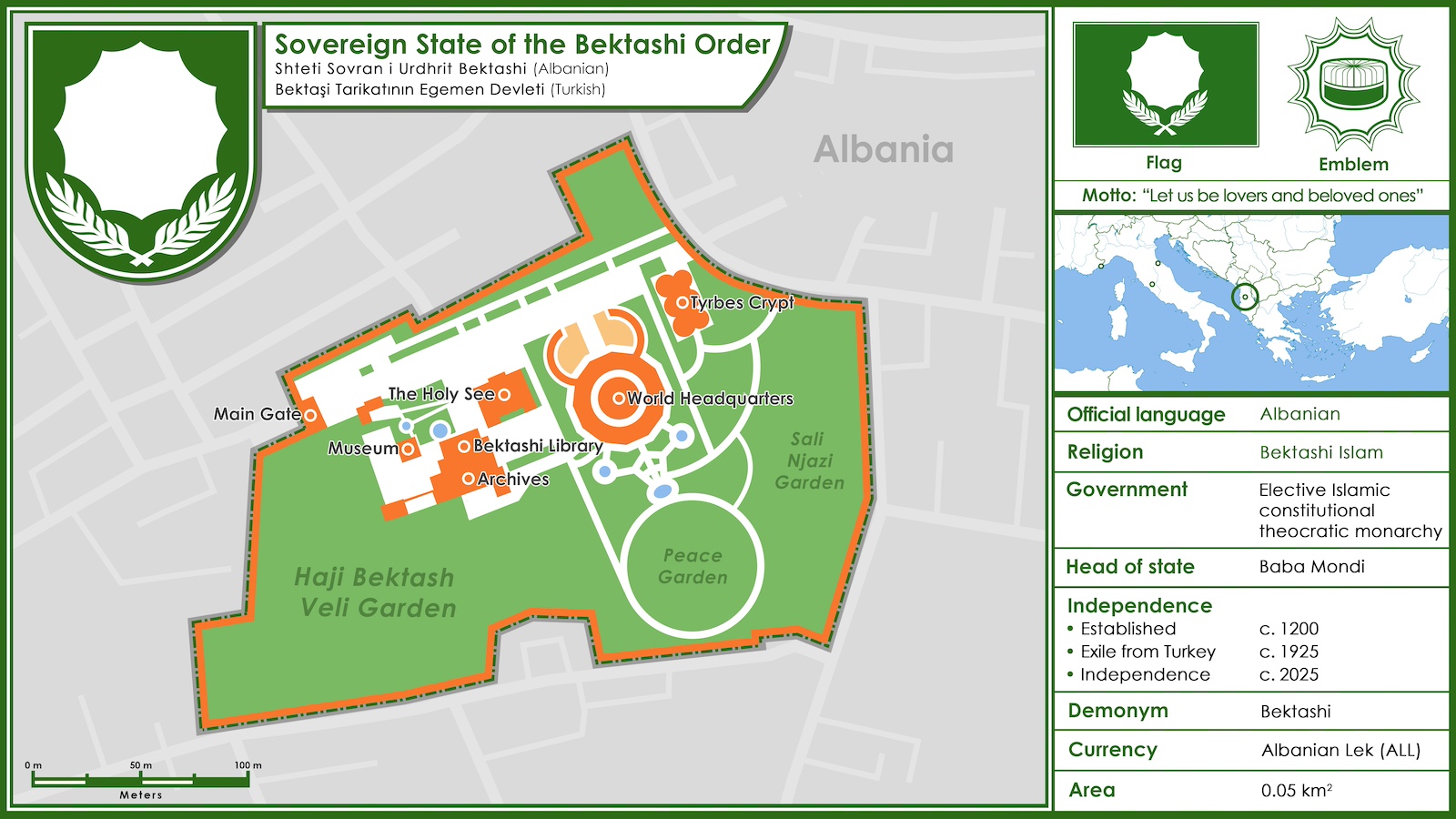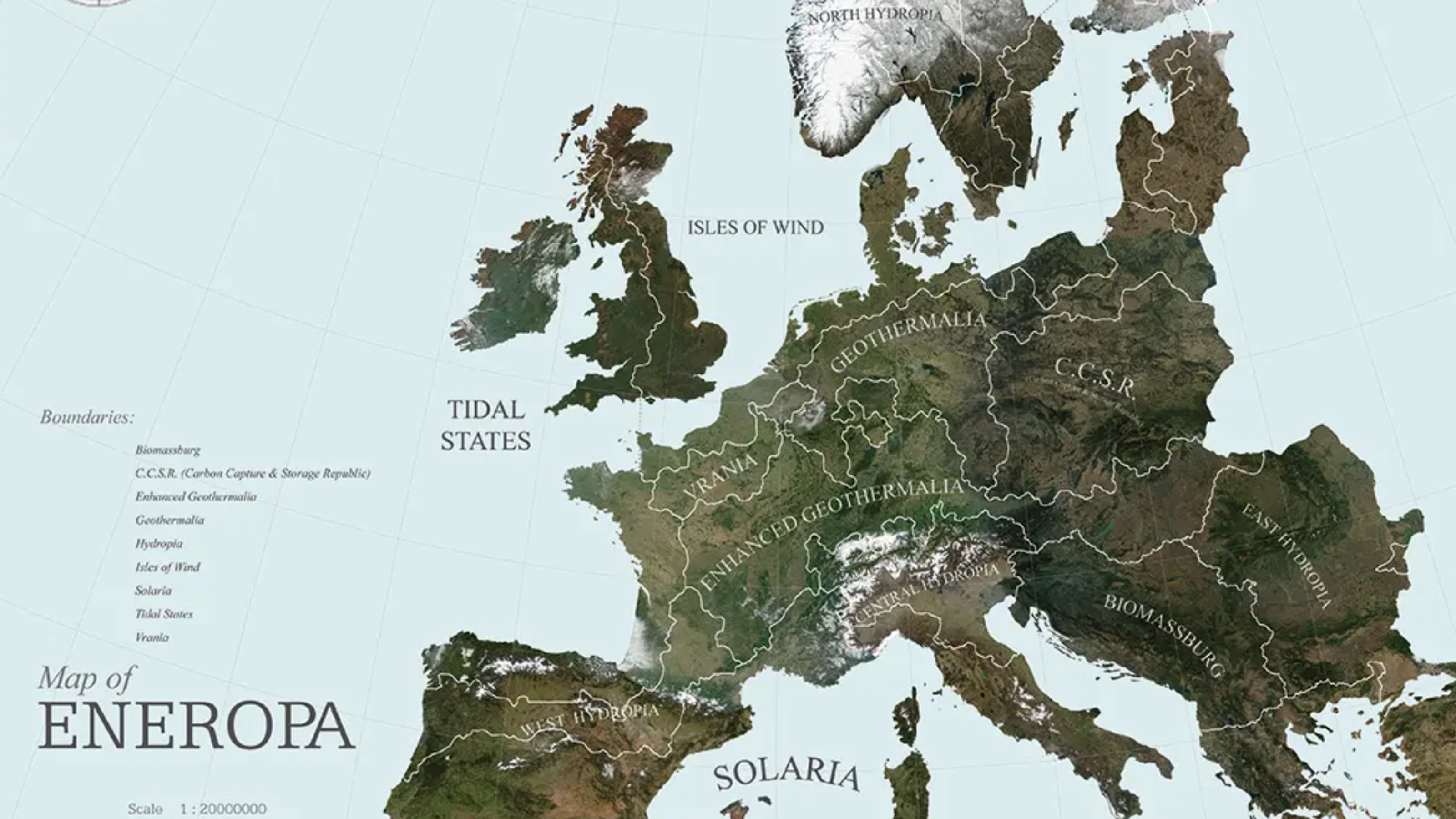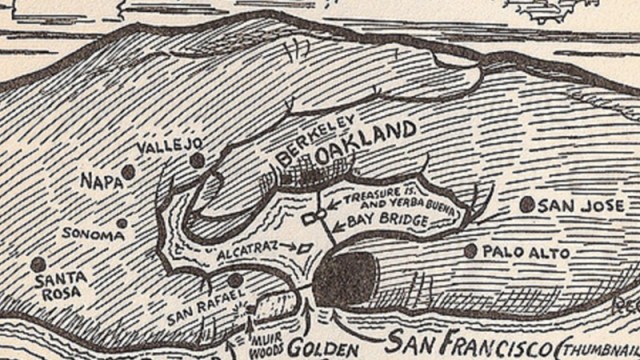325 – What If Italy Had Won the War?
nn
nn
Rarely is the question asked: What if Italy had won the Second World War? The more frequently asked question is: What if Germany had won the war? Italy may have been the birthplace of fascism (1) but in the original Axis of Evil (2), the Italians clearly were the junior partners to the Germans – ideologically, economically and militarily.
n
Fascist Italy nevertheless has an expansionist track record distinct from Germany’s: Mussolini‘s stated aim was to restore the Roman Empire (or build something similar to it), and to reclaim the Mediterranean as an Italian Mare Nostrum (3). He never quite managed to do that, but did cobble together something of an African empire, conquering Lybia, Eritrea, Ethiopia and part of Somalia.
n
Closer to home, some of Italy’s irredentist (4) frustrations were satisfied by the annexation of neighbouring territories, such as the area around Nice after the fall of France. Expansion in the Balkans and Greece was less successful, and the Germans had to come to the aid of the Italians to consolidate the Axis hold on the area. After the war, Italy obviously lost all its colonies and extra territories.
n
These two maps are an answer to the Italian version of the most frequently asked What if-question about the Second World War. They are taken from Italian writer Enrico Brizzi’s novel L’inattesa piega degli eventi (‘The Unexpected Unfolding of Events’), which describes an allohistorical world in which fascist Italy breaks with Hitler in time to be counted as a victor, come Germany’s eventual defeat. The alternate 1960s Italy described in the novel is still ruled by an ageing Duce (5), a situation immediately reminiscent of Spain, which was the fiefdom of generalissimo Francisco Franco, the victor of the Spanish Civil war, from the late 1930s to the mid-1970s.
n
In the book, Mussolini has kicked out the royal family and reduced the role of the Church, firmly establishing his hold over power. The colonies have been promoted to the status of associated republics, but this is largely a formality. The story in Brizzi’s book follows the travels of an Italian sports writer in these African possessions of Italy, whence he will return with a different view of the Madrepatria (‘Motherland’).
n
These maps show Italy’s territorial acquisitions in Europe and Africa. In Europe, Italy as grown to the detriment of France (annexing Corsica, now also an associated republic, the area around Nice – Nizza in Italian – and the Savoy), Austria and Malta (also an associated republic). In Africa, the Italian Empire controls Eritrea, Ethiopia and the larger part of what today is Somalia. The British rule over Somaliland in the north, an enclave in Italian East Africa. There is something going on with part of the Savoy, but both my eyesight and my Italian are too deficient to figure out exactly what it is.
n
Many thanks to Valerio Taubmann for sending in these maps. More on Mr Brizzi’s book on this page of his website (in Italian).
n
- n
- Mussolini’s power grab in 1922 preceded Hitler’s by more than a decade.
- Rome-Berlin, as of the signing of a friendship treaty between Italy and Germany in October 1936; Rome-Berlin-Tokyo, as of the signing of the Tripartite Pact in September 1940. The Axis was thereafter sometimes also called RoBerTo in Italy.
- ‘Our Sea’, a common term for the sea when all its shores were Roman possessions.
- Irredentism, i.e.the desire to annex territory based on historical and/or ethnic grounds, gets its name from Italia irredenta, a term to describe territories held by the Austro-Hungarian empire between the unification of Italy and the end of the First World War, and claimed by Italy.
- Fascist leaders love epithetons. Hitler’s was Fuehrer, Franco liked to be called Caudillo and Mussolini was nuts about Duce, which means something like ‘leader’ or ‘guide’.
n
n
n
n
n
n







